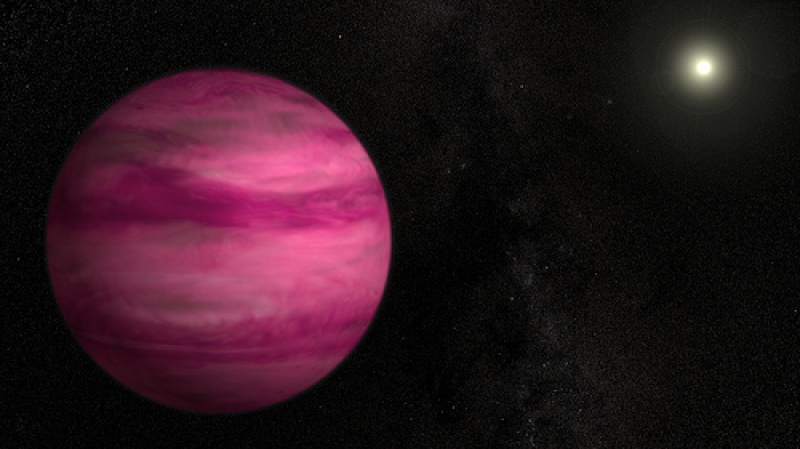
A new study conducted by researchers from the University of Washington revealed that exoplanets can evolve into habitable zones depending on their environmental conditions.
According to the study, the transformation of these planets, which are similar to Neptune, depends on their host stars, the Voice Chronicle reported.
Exoplanets are defined as planets that have relatively the same size as Earth. However, unlike Earth, these alien planets do not orbit around a sun. Instead, they are located near a star.
These stars, labeled as M dwarfs, are not as bright as the sun.
The study's co-authors, assistant professor Rory Barnes and doctoral student Rodrigo Luger explained that the habitability of an exoplanet depends on its distance from the host star and on two important factors.
"There are many processes that are negligible on Earth but can affect the habitability of M dwarf planets," Luger said in a statement. "Two important ones are strong tidal effects and vigorous stellar activity."
Luger then said that the contrasting forces produced by these two factors on the exoplanet could eventually change its environmental conditions. For instance, these forces could reduce a planet's temperature and prevent water from boiling away.
In addition, the study's co-author noted that exoplanets can deviate from their current orbit path to move closer to another planet that's circling the same host star. By getting close to one another, exoplanets with frozen surfaces can generate warmth from one another.
Through this process, ice in the exoplanets will melt which will lead to the formation of life-sustaining liquid water, according to Perfect Science.
"They are initially freezing cold, inhospitable worlds," the researchers said. "But planets need not always remain in place. Alongside this process, tidal forces can induce inward planet migration."
The findings of Barnes and Luger were detailed in a report published in Astrobiology, a peer-reviewed journal that features academic studies about the universe.



















